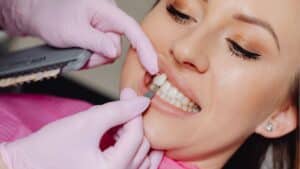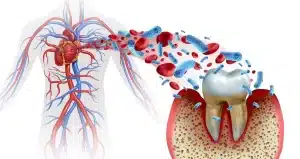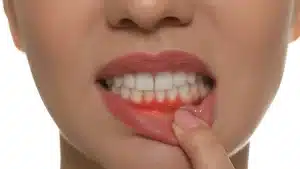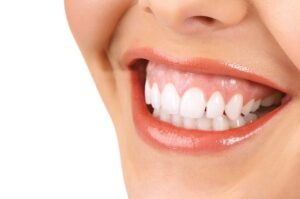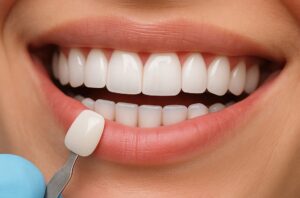Dr. Molly Rodgers Dental Blog
Flossing is one of the most important habits for keeping your teeth and gums healthy, but it can feel tricky when you have braces or a dental bridge. Wires, brackets, and artificial teeth create small spaces where food and plaque hide. This guide walks you through the best flossing techniques, the tools that make it…
Read MoreMouthwash is one of those products that sits on almost every store shelf, promising fresher breath, healthier gums, and fewer cavities. Below is a clear and practical guide explaining what mouthwash can do, when it helps most, and how to choose the right type. What Mouthwash Actually Does Many people think mouthwash is just for…
Read MoreIf you’re thinking about improving your smile, you might be feeling overwhelmed by terms like veneers, crowns, or bonding. These dental treatments are all part of cosmetic dentistry, and while they serve similar purposes, they’re actually quite different. The good news? Understanding the differences between veneers vs crowns vs bonding isn’t as complex as it…
Read MoreIf you’re wondering how to improve your smile, the choice between teeth bonding and veneers can feel overwhelming. You’re not alone. Whether it’s a small gap, a tooth chip, or discolored enamel, knowing the right cosmetic dental treatment for your situation is key. Understanding the difference between dental bonding and veneers can help you make…
Read MoreIf you’re considering veneers to brighten your smile or correct minor imperfections, you’re probably wondering: how long do veneers last? It’s a great question, and the answer depends on several factors – from the type of veneer material to how well you care for them. Let’s break it down so you can make an informed…
Read MoreA chipped tooth can sneak up on you fast. One minute you’re crunching on popcorn or ice, and the next, you feel something hard that shouldn’t be there. If that’s you right now, you’re likely wondering: What should I do? Can this wait? Will it get worse? You’re not alone, and the good news is…
Read MoreIf your dentist has ever reminded you to brush more thoroughly, they might just be protecting more than your smile. Science is showing that the link between oral health and heart disease is more than coincidental. While it might seem strange at first, your mouth could hold important clues to your heart’s health. So, let’s…
Read MoreIf you’ve noticed blood when you brush or floss, bad breath that won’t go away, or your gums looking swollen or red, you might be witnessing the early signs of gum disease. It’s easy to overlook these symptoms, especially when there’s no pain involved. But catching gum disease early is key to keeping your teeth…
Read MoreIf you’ve ever looked in the mirror and thought your smile shows too much gum, you’re not alone. Gummy smiles are a common concern that affects both confidence and how your smile is perceived. The good news? There are several real, proven treatment options to reduce the appearance of a gummy smile and help you…
Read MoreIf you’re unhappy with the appearance of your teeth, you’re not alone. Chips, stains, gaps, and misshapen teeth can affect your confidence and the way you smile. The good news? A veneers consultation could be your first step toward transforming your smile into something you’re proud of. Whether you’ve been considering veneers for a while…
Read More




